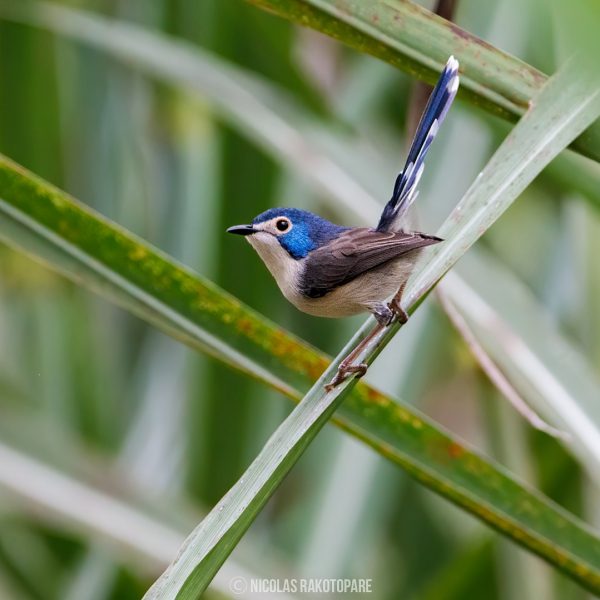Have mercy on me, Lord, for I am weak; remember, Lord, how short my time is; remember that I am but flesh, a wind that passeth away, and cometh not again. My days are as grass, as a flower of the field; for the wind goeth over me, and I am gone, and my place shall know me no more.
— Lancelot Andrewes, who died in 1626
Parrots removed from UK wildlife park after they started swearing at customers Mirror
In Search of a Flat Earth
In Search of a Flat Earth is a documentary essay by Folding Ideas’ Dan Olson that starts out talking about people who believe the Earth is flat (and why it’s so difficult to convince them otherwise) but then takes a sharp turn toward a more recent and much more worrying conspiracy theory, QAnon. Lots of interesting information and observations throughout.
See also QAnon, Conspiracy Theories, and the Rise of Magical Thinking.
The Best Self-Help Books of the 21st Century
I appreciated this list of 21 Books for a Better You in the 21st Century from Kelli María Korducki, filled with books that help the self without necessarily being quote-unquoteself-help books. Here are a few selections I found interesting:
The Body Is Not an Apology by Sonya Renee Taylor. “Taylor argues that our personal bodily hang-ups — and the beauty standards that inform them — are manifestations of internalized inequality. By lending credence to unjust strictures, our self-hate inadvertently perpetuates oppression.”
Quiet by Susan Cain. “In a culture that rewards ‘being bold’ and ‘putting yourself out there,’ Quiet proposes that the most effective leaders aren’t necessarily the biggest personalities.”
How to Do Nothing by Jenny Odell. “Part love letter to the burnout generation, part anti-Capitalist manifesto, Odell proposes a mass reclamation of attention — our most precious, and precarious, resource — to soothe our existential overload.”
The Life-Changing Magic of Tidying Up by Marie Kondo. “In an age of accumulation fueled by one-click consumerism, Kondo’s ‘konmari’ offers a simple formula for relief from the burden of clutter — literally and, perhaps, existentially.”
I would like to put my vote in for an addition to the list: Oliver Burkeman’s The Antidote: Happiness for People Who Can’t Stand Positive Thinking (also, a self-help book for people skeptical of self-help books).
Looking both east and west, in bulletins from the past and from far afield, Oliver Burkeman introduces us to an unusual group of people who share a single, surprising way of thinking about life. Whether experimental psychologists, terrorism experts, Buddhists, hardheaded business consultants, Greek philosophers, or modern-day gurus, they argue that in our personal lives, and in society at large, it’s our constant effort to be happy that is making us miserable. And that there is an alternative path to happiness and success that involves embracing failure, pessimism, insecurity, and uncertainty — the very things we spend our lives trying to avoid. Thought-provoking, counterintuitive, and ultimately uplifting, The Antidote is the intelligent person’s guide to understanding the much-misunderstood idea of happiness.
I’ve read The Antidote twice; I’ve learned a lot from it and it inspired me to delve deeper into some of the people and philosophies he features. I think reading it, in a significant and long-term way, actually has made me happier.
Human Challenge Trials. Good threads
- Lookback: on reading really fast
 From 2004: Speed reading, if that’s what I do, comes naturally to me: I’ve never taken a course in it. I think I’m glad I read so quickly, but it’s like spelling really well or having perfect pitch, two of my other peculiar endowments–a convenience, nothing more, especially for a working journalist….... Read more
From 2004: Speed reading, if that’s what I do, comes naturally to me: I’ve never taken a course in it. I think I’m glad I read so quickly, but it’s like spelling really well or having perfect pitch, two of my other peculiar endowments–a convenience, nothing more, especially for a working journalist….... Read more
